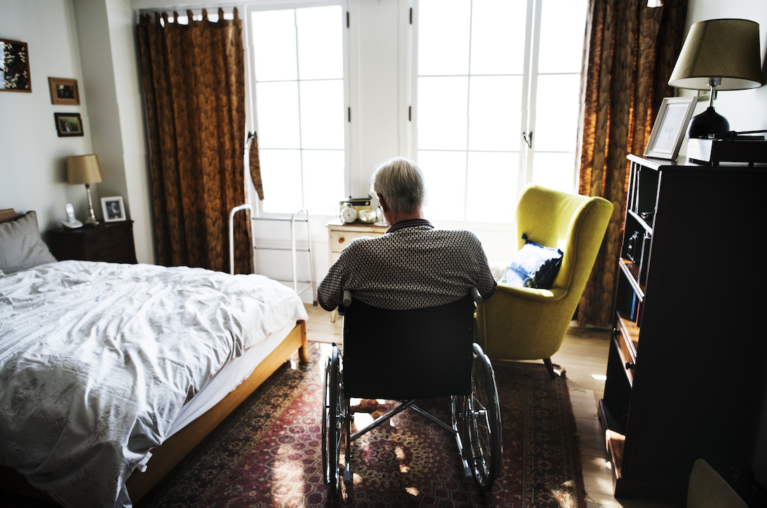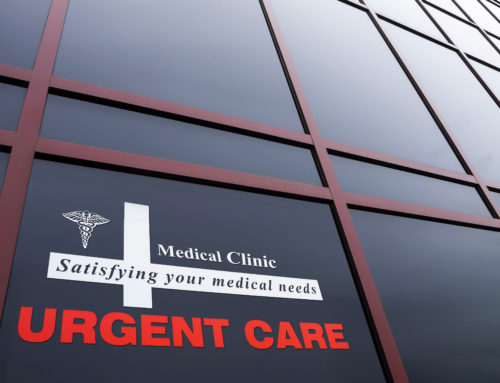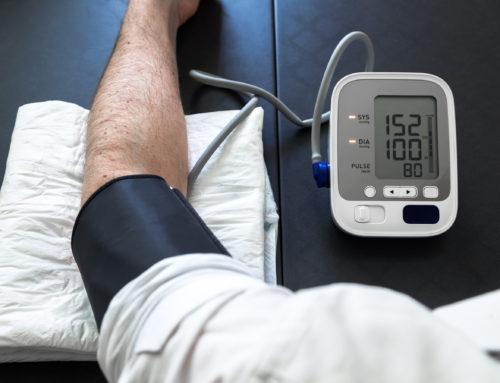The decision to put your elderly loved one in a nursing home is a challenging one, and it can be made worse when your loved one is neglected or harmed due to medical malpractice. Nursing home abuse and neglect are all too common throughout the U.S. since most nursing facilities are overbooked and understaffed. Be aware of these signs of abuse and neglect and if your loved one becomes a victim, you can hold the nursing home and its physicians and staff accountable for their actions.
Signs of Nursing Home Neglect
In many cases, elderly individuals are not outright abused but instead neglected, not receiving the care they need and being unable to care for themselves. Signs of neglect include but are not limited to:
- Dry, cracked lips, sunken eyes, and skin that has poor elasticity — these are signs of dehydration, which is common in nursing homes
- Unexplained weight loss or extreme hunger when you eat a meal with them — these are signs that your loved one may not be getting enough to eat, which often happens in overstaffed nursing homes with patients who cannot feed themselves
- Repeated instances of irregular vital signs, new fatigue or sleepiness, and odd behavior or general malaise — these may be signs that your loved one may be getting too much medication (and in some cases, not enough)
- Broken bones or significant bruising — this can indicate that nursing home staff are allowing your loved one to be ambulatory without adequate supervision, resulting in falls
- Bedsores — this is one of the most common signs of nursing home neglect and indicates that staff may not be turning your loved one or bathing and changing their sheets properly
Signs of Nursing Home Abuse
Unfortunately, nursing home abuse occurs frequently. Nursing facilities may be ill-equipped to provide adequate vetting of new hires or provide proper training to staff, creating situations where residents can easily become abused. Signs of abuse include but are not limited to:
- Marks on wrists or ankles — these can indicate that your loved one has been restrained against their will
- Bruising on the face and upper body — these can be a sign that your loved one was hit or struck
- Fear of nursing home staff — if your loved one becomes fearful of staff or seems afraid to talk to you around the staff, it can indicate that your loved one has been abused in some way
- Depression, odd behavior, becoming sad and withdrawn — these can be other signs that your loved one has been abused
Steps to Take Next
Once you discover signs of nursing home malpractice, you should speak with an attorney right away. An attorney may advise you to remove your loved one from the nursing home before making a report and may file an action in court to prevent the nursing home from scrubbing evidence. First and foremost, make sure your loved one is safe from abuse and neglect, and then begin pursuing justice and helping to ensure the same doesn’t happen to other residents.
Why a Medical Expert Witness Is Important
A medical expert is critical in nursing home malpractice cases. Often, it’s not clear to a judge or jury how the injuries a resident sustained was caused by the nursing home. A medical expert witness provides an unbiased opinion and explains the evidence in terms that the laypersons on the jury can easily understand. By having a medical expert in your corner to testify about your loved one’s injuries, you strengthen your case immensely and put the onus on the nursing home to disprove the facts brought forward. In many cases, they’re not able to refute such strong evidence and will settle out of court to avoid attention.
Dr. Edward Mallory has been an emergency medicine physician for over 25 years and is considered an expert in his field. He has seen many elderly nursing home residents brought in to the ER with signs of nursing home abuse and neglect. To learn more about how a medical expert witness can give your case a winning edge or to book an initial consultation, contact our office at (813) 997-1241.




























